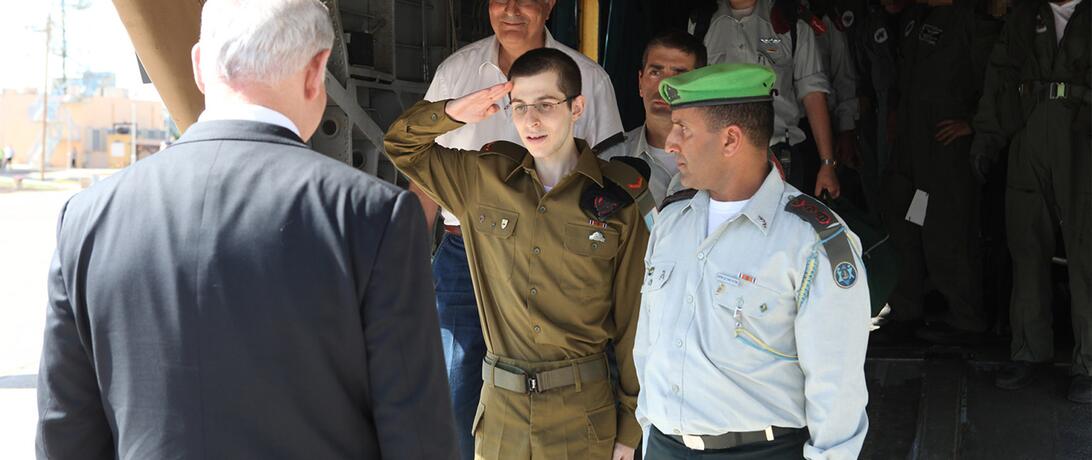
Terrorist Groups that Provide Social Services to their Local Supporters are More Likely to Engage in Peace Negotiations with Governments
A new study surveying 400 terrorist groups finds that peace negotiations are more likely and more stable when they involved terrorists that provided social services to their local communities. Terrorist groups can provide many different types of social services, including water services, disaster relief services, educational institutions, hospitals, and food banks.
Why are service providing terrorists better at managing conflict negotiations? The study, published online at the Journal of Conflict Resolution, suggests that when terrorist groups provide services, they receive greater support from their local communities and are more resilient to breakaway factions that can undermine negotiations.
The research makes available the most complete dataset tracking social service provision by terrorist groups to-date.
The findings are similar using different datasets and remain intact even when many other important factors are taken into account, including terrorist group capability and characteristics of relevant governments.
As the international community debates how to deal with groups like ISIS and other violent threats, this new research marks an important difference between the viability and capabilities of different types of terrorist groups. Groups that do more than just attack are, likely, more formidable opponents and are better at managing conflicts. Thus the international community ought to strongly consider more aggressive action to undermine terrorists’ connections to local communities through missions focused on supplying public goods and services in areas where conflict rages and terrorist groups supply civilians with goods and services.
The study’s authors are Lindsay Heger, Associate Director of Research and Development, of the One Earth Future Foundation, a think tank based in Colorado, and Danielle Jung, Assistant Professor at Emory University’s Department of Political Science.
Original Article
Article Details
Published
Topic
Program
Content Type
News